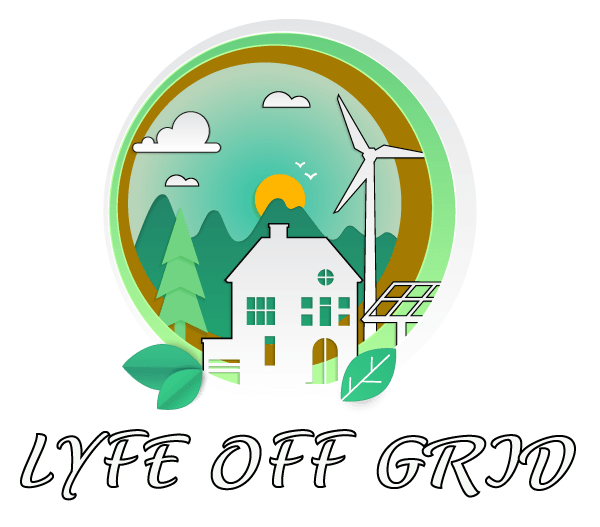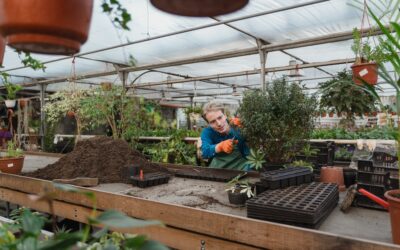The Future Of Sustainable Zero-Waste Greenhouse
More people are transforming their homes to be more eco-friendly implementing features such as energy-saving appliances but one home in Melbourne, Australia is the ultimate zero-waste greenhouse. The creators of the zero-waste home dubbed the sustainable home of the future ‘The Greenhouse’ as a play on words for the traditional greenhouse for plants.
‘The Greenhouse’ is an 87-square-meter three-story, two-bedroom, and one-bathroom house made entirely of organic materials that are powered by renewable energy. “The Greenhouse” was designed by zero-waste advocate Joost Bakker who is conducting his Future Food System housing experiment.
The Future Food System experiment started with the zero-waste house as Bakker has the goal of transforming other infrastructures including schools and restaurants. Bakker created a home inspired by natural ecosystems and translated that into a home that generates no waste. “The Greenhouse” was created entirely using natural recyclable materials without the use of glue, chemicals, or toxins.
“The Greenhouse” features a biodigester that breaks down organic waste to ferment and turns into gas for produce fertilizer or cooking fuel. Rainwater is also harvested that can be used for irrigation and an aquaponic system (plants grown utilizing waste from on-sight fish). Even using shower water is utilized with the hot steam that feeds a wall of mushrooms.
This home is quite unique from an architectural perspective with the roof acting as the foundation of the home and is loaded with 35 tons of soil. Having a roof foundation helps hold the infrastructure in place and provides fertile soil to cultivate produce with over 200 plant species growing on the roof terrace. The roof also acts as a home for crustaceans, insects, chickens, snails, mussels, and fish.
The experiment is proving to be more successful than planned with Bakker reporting they’ve already harvested 35 kilos of potatoes from a single square meter. Bakker’s ultimate goal is making this home a blueprint for zero-waste housing and promoting a circular system to reduce waste.
“The Greenhouse” features a viable alternative compared to the current food system that is responsible for more than one-third of the world’s greenhouse gas emissions. Promoting a circular system can help drastically reduce food waste that is currently estimated at 1.3 billion tons annually and cost $940 billion in the global economy.






